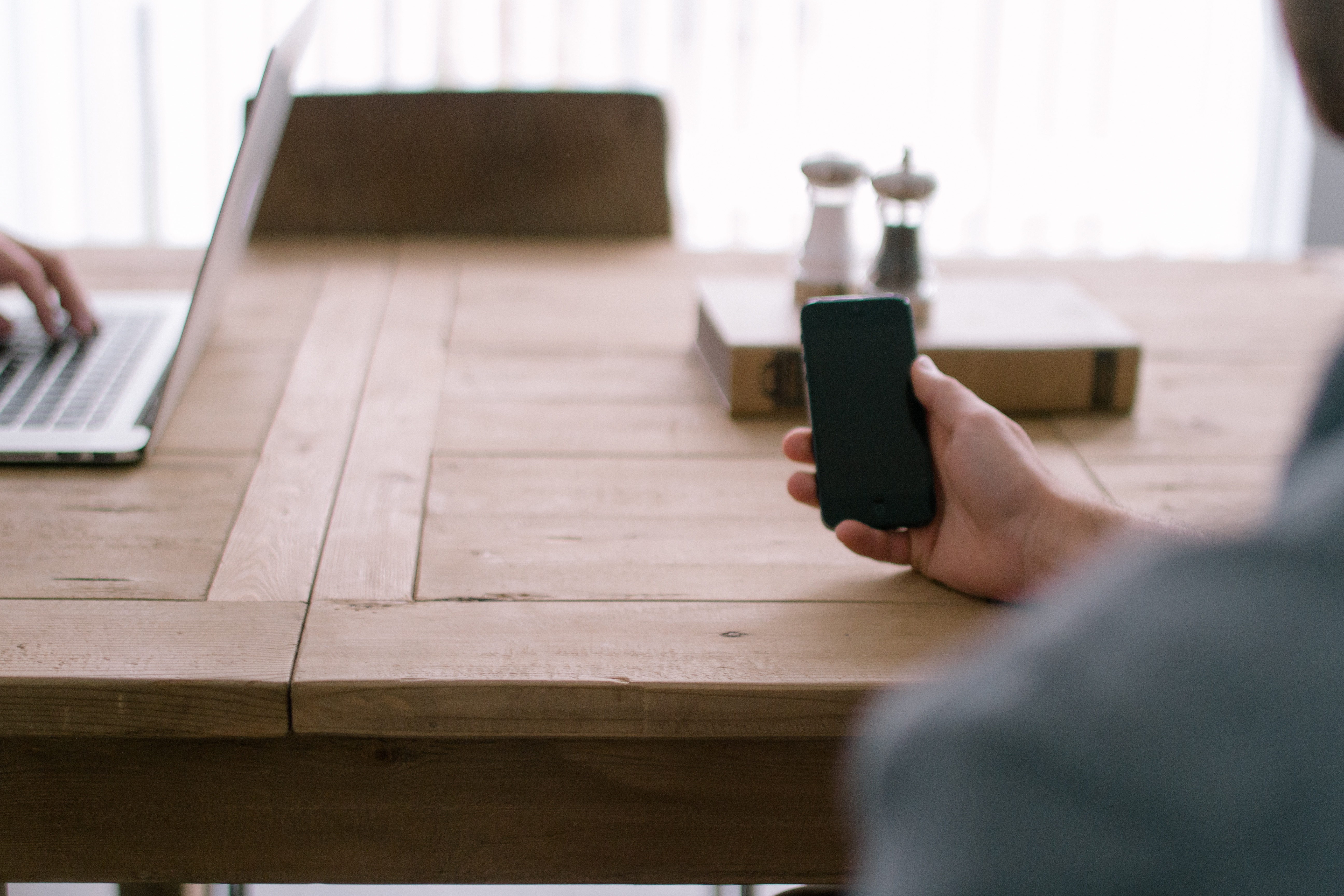Internet addiction is fuelling a new phenomenon dubbed ‘phubbing’ – snubbing friends and family for your smartphone,
Research shows people are increasingly ‘phubbing’ – and experiencing being ‘phubbed’ – in social situations.
The study suggests this in turn leads them to view the behaviour as normal.
The term refers to snubbing your partner to look at your phone – ‘phone’ plus ‘snubbing’ equals ‘phubbing’. And research has suggested it’s a relationship killer.
Now new research, published in the journal Computers in Human Behaviour, identifies three factors linked to being hooked on smartphones – internet addiction, a fear of missing out and a lack of self-control.
This smartphone addiction – in turn – was directly linked to people demonstrating phubbing behaviour.
The researchers further found it was this experience of phubbing – and of being phubbed themselves – that made people more likely to believe phubbing was ‘normal’.
Professor Karen Douglas, of Kent University, said: “Smartphones allow people to connect with others from almost anywhere at any time.
“However there’s growing concern smartphones may actually sometimes detract, rather than complement, social interactions.
“The results revealed Internet addiction, fear of missing out and self-control predicted smartphone addiction – which in turn predicted the extent to which people phub.
“This path also predicted the extent to which people feel phubbing is normative – both via the extent to which people are phubbed themselves and independently.”
In the study 251 participants aged 18 to 66 were questioned about their phubbing experiences and smartphone use.
Prof Douglas said: “It was found smartphone addiction significantly predicted
phubbing behaviour.
“Further, when the effect on smartphone addiction from each variable was calculated, it was revealed Internet addiction and fear of missing out were positive predictors of smartphone addiction – whereas self-control negatively predicted
smartphone addiction.”
The findings suggest phubbing is an important factor in modern communication that warrants further investigation.
Prof Douglas said: “To the best of our knowledge, this study is the first to consider
both the antecedents and consequences of phubbing behaviour.
“It’s also the first to consider how phubbing may have become such a pervasive norm in modern communication.
“A significant portion of the world’s population use smartphones to conduct their everyday lives.
“Many people simply cannot live without them. It’s therefore increasingly important for social scientists to consider the impact they have on the quality of social life.”
Last year a US study found 46 per cent of people have been ‘phubbed’ by their partner – and more than a third felt depressed by it.
The more often a couple’s time spent together was interrupted by one attending to their mobile phone the less satisfied the other was in the relationship.




